President Ho Chi Minh , the beloved leader of the Vietnamese people, is not only a symbol of independence and freedom, but also a noble example of the spirit of learning and the ability to creatively apply the quintessence of human culture and ideology.
From the Declaration of Independence to the State for the People: Crystallizing Vietnamese Identity and the Quintessence of Humanity
Right from the first lines of the Declaration of Independence on September 2, 1945, President Ho Chi Minh expressed his vision beyond the times and Vietnam's aspiration to integrate into the progressive flow of the world. Quoting verbatim the core values in the Declaration of Independence of the United States of America in 1776 - "All men are created equal. They are endowed by their Creator with certain unalienable rights; among these are life, liberty, and the pursuit of happiness" - was not only a skillful diplomatic act but also a strong affirmation of the right to self-determination and the legitimate aspiration for independence of the Vietnamese people.
By placing the declaration of a globally influential power next to the declaration of birth of the Democratic Republic of Vietnam, President Ho Chi Minh implicitly affirmed the equal status and aspiration of a nation that had just gained independence.
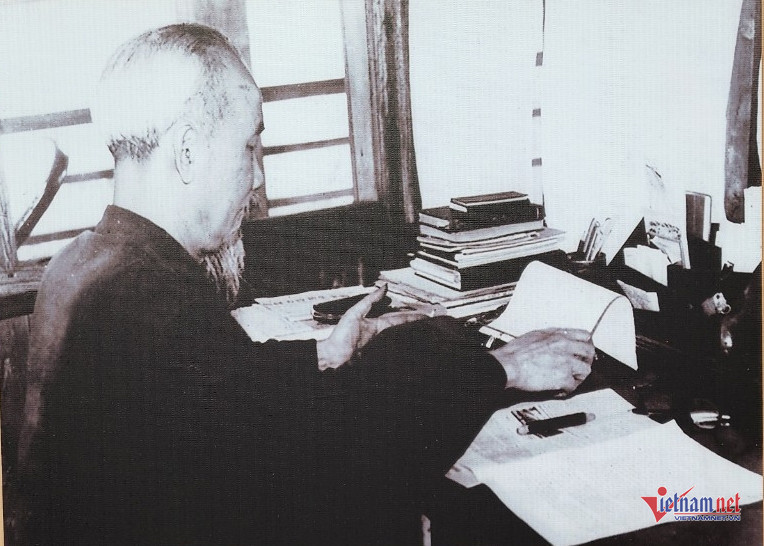
The ideology of building a "State of the people, by the people and for the people" that President Ho Chi Minh persistently pursued also showed the absorption and creative application of the world's progressive values. This spirit bears the mark of President Abraham Lincoln's famous Gettysburg Address in 1863: "...A government of the people, by the people, for the people will never disappear from this earth". President Ho Chi Minh deeply understood the meaning of a state that truly belongs to the people, is built by the people and serves the interests of the people. This is not just a slogan but has become a guiding principle for the process of building and developing the Democratic Republic of Vietnam.
Journey to discover and distill the world's essence
During his lifetime, President Ho Chi Minh was an erudite person, fluent in many foreign languages and always maintained a spirit of continuous learning. His journey through many countries helped him to come into contact with advanced cultures, ideologies and political experiences in the world. From practical experience and extensive research, he distilled the quintessence of progress, then flexibly and creatively applied it to the specific circumstances of Vietnam to build an independent, democratic and happy state.
After the August Revolution, President Ho Chi Minh named the country “Democratic Republic of Vietnam” and chose the motto “Independence - Freedom - Happiness”. The name is familiar and easy to understand but contains profound political thoughts, reflecting national aspirations and the spirit of the times.
Since working in China (late 1924), he had studied the Chinese revolution in depth, especially respecting Sun Yat-sen and the Three Principles of the People: “National independence, Civil rights and freedom, and people's livelihood happiness”. The issuance of Decree No. 49 in 1945, establishing the national motto, showed the selective inheritance and creative application of this ideology to the Vietnamese situation.
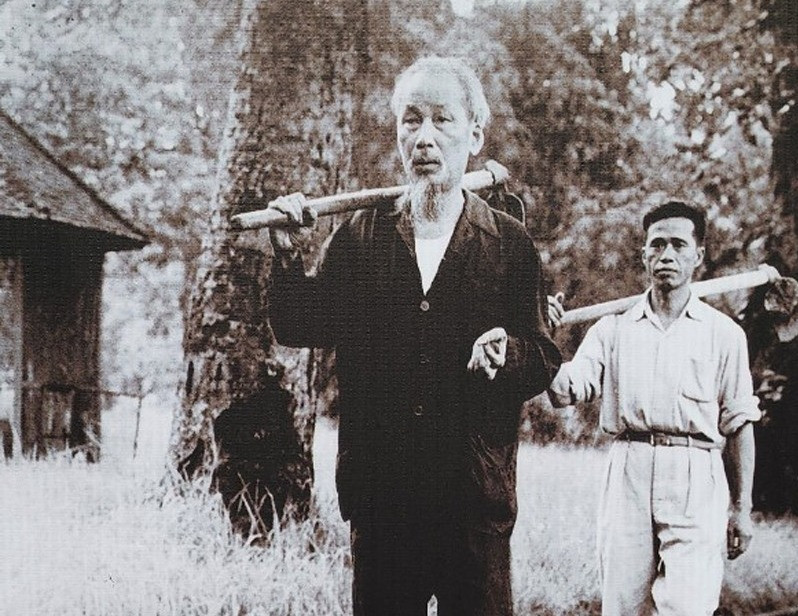
Uncle Ho's nobility and foresight are also clearly demonstrated through the story of refusing to receive the Gold Star Medal in 1963.
According to the book Ho Chi Minh Complete Works (volume 11), in the 6th session of the 2nd National Assembly (1963), right on the occasion of preparing for the 73rd anniversary of Uncle Ho's birthday, the delegates proposed that the National Assembly award Uncle Ho the Gold Star Medal, the most noble medal of our State. Upon hearing the news, Uncle Ho was very moved, expressed his gratitude, but asked permission not to accept it. The reason he gave was that he considered his own contributions unworthy of such honor when the South was still suffering under the yoke of oppression. He expressed his wish: "Wait until the day the South is completely liberated, the Fatherland is peaceful and unified, the North and the South are reunited, the National Assembly will allow the people of the South to award me this noble medal. Then all our people will be happy and joyful."
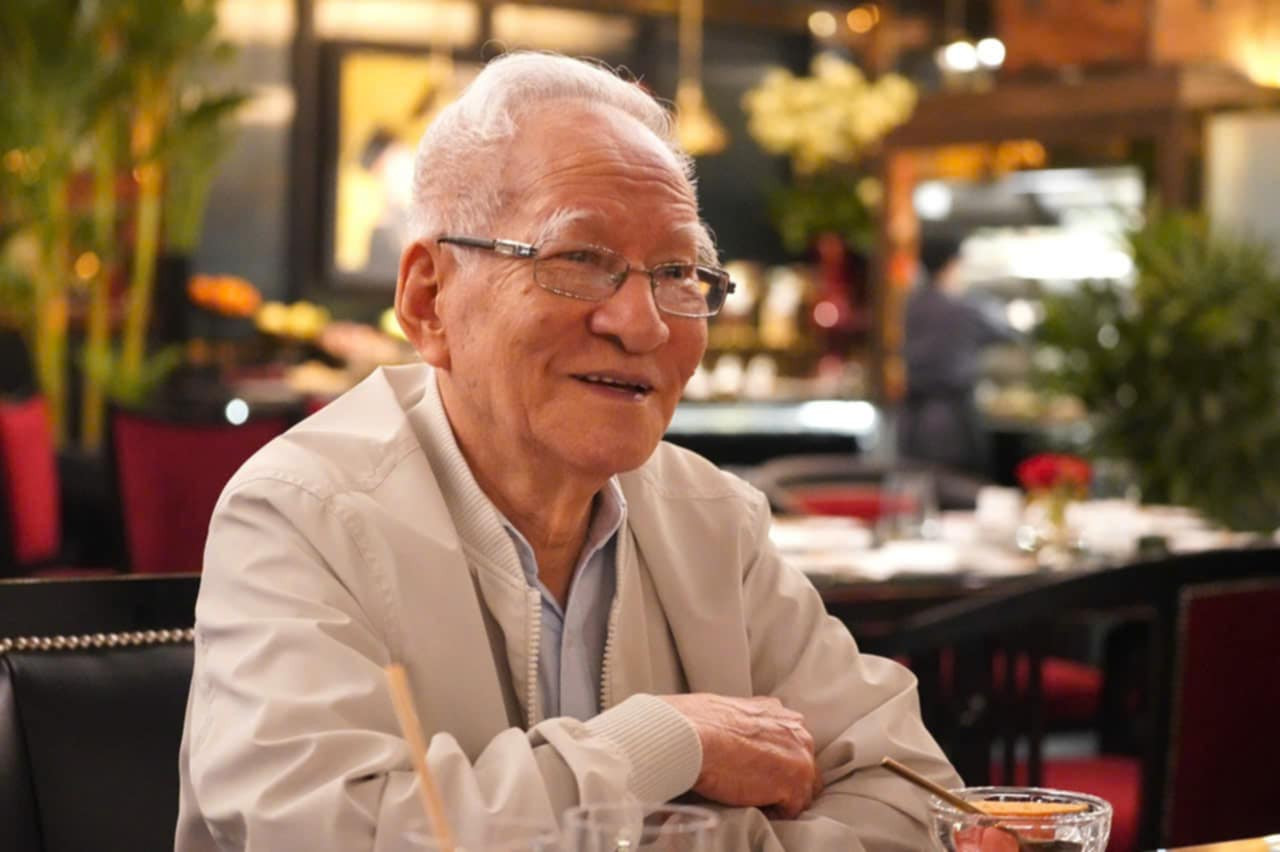
World cultural celebrity, simple leader, close to the people
President Ho Chi Minh was honored by UNESCO as a World Cultural Celebrity, a worthy recognition of his great contributions to the cause of national liberation and the cultural values he left behind. However, for me and the Vietnamese people who were fortunate enough to meet Uncle Ho in our lives, the most profound image of him is not only a cultural celebrity but also a great patriot, a staunch communist soldier, and above all, a simple leader close to the people.
President Ho Chi Minh's spirit of learning, creative application of the world's quintessence and immense love for the nation will forever be a source of inspiration and profound lessons for generations of Vietnamese people. His name has blended into the name of the country, becoming a sacred symbol in every song, lyric and poem: "Vietnam Ho Chi Minh".

Source: https://vietnamnet.vn/bac-ho-hoc-tap-va-tiep-thu-tinh-hoa-the-gioi-2402435.html


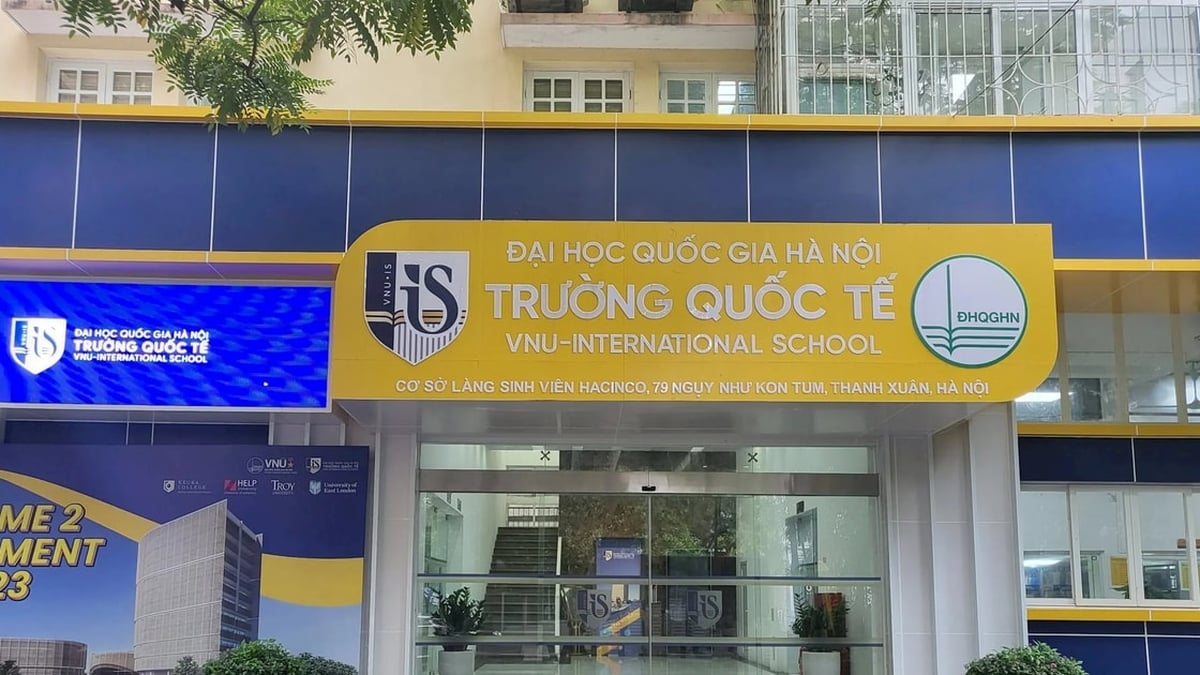
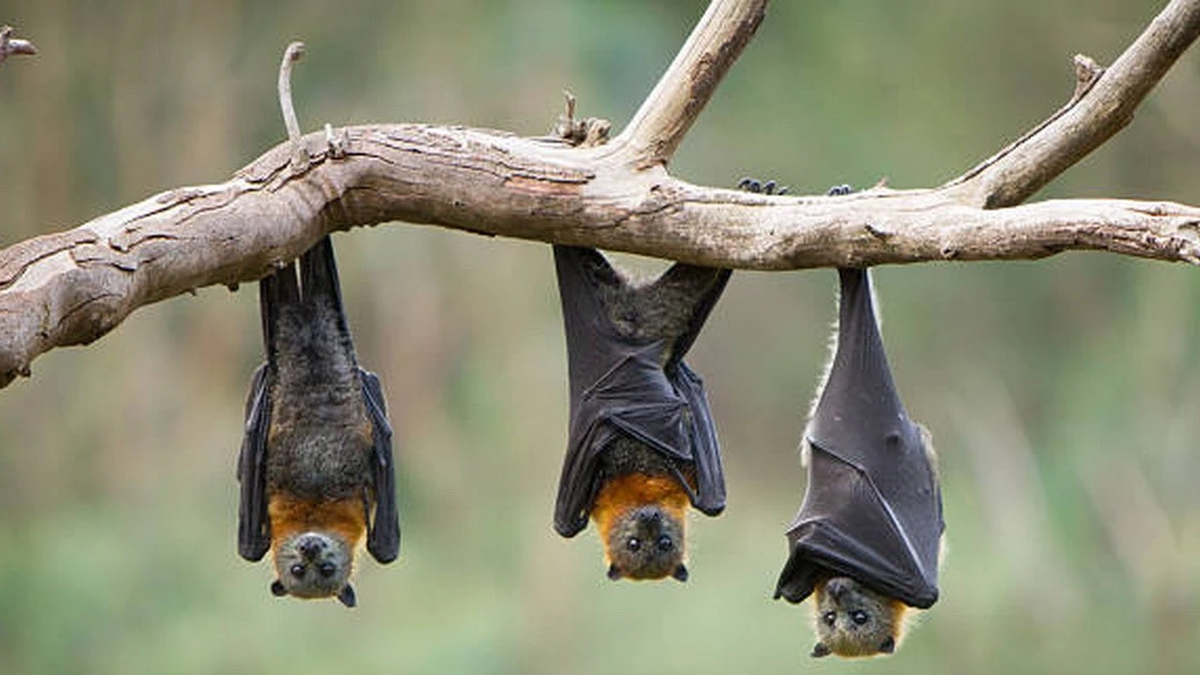
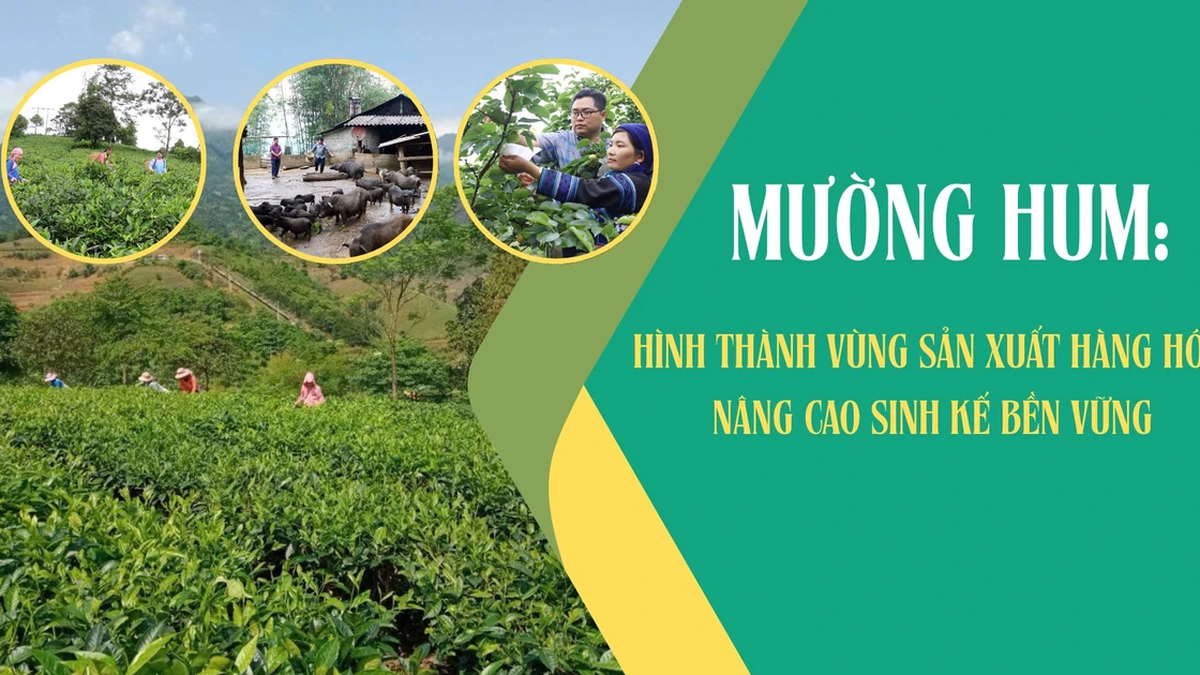
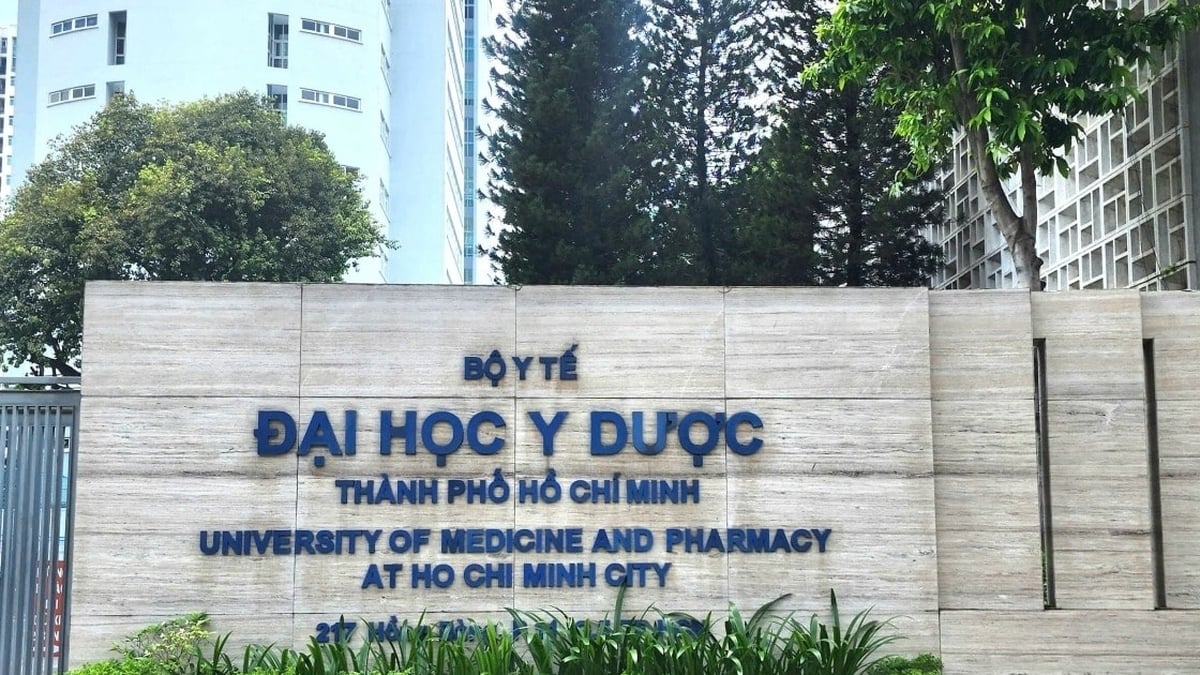
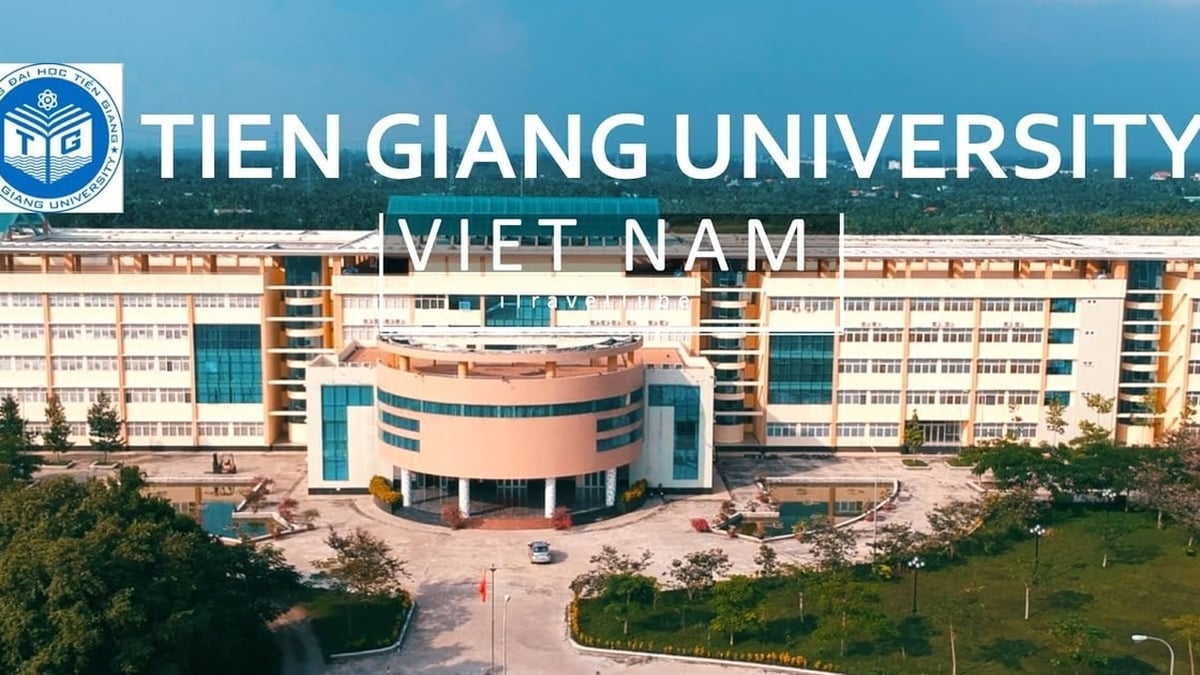
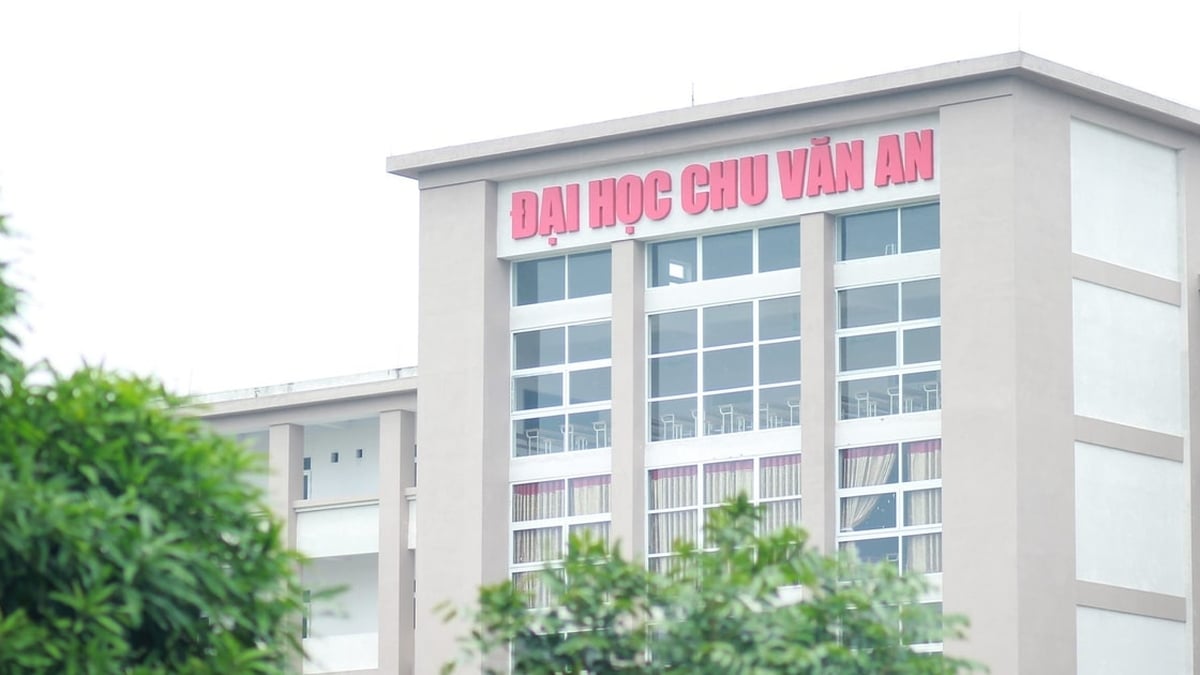
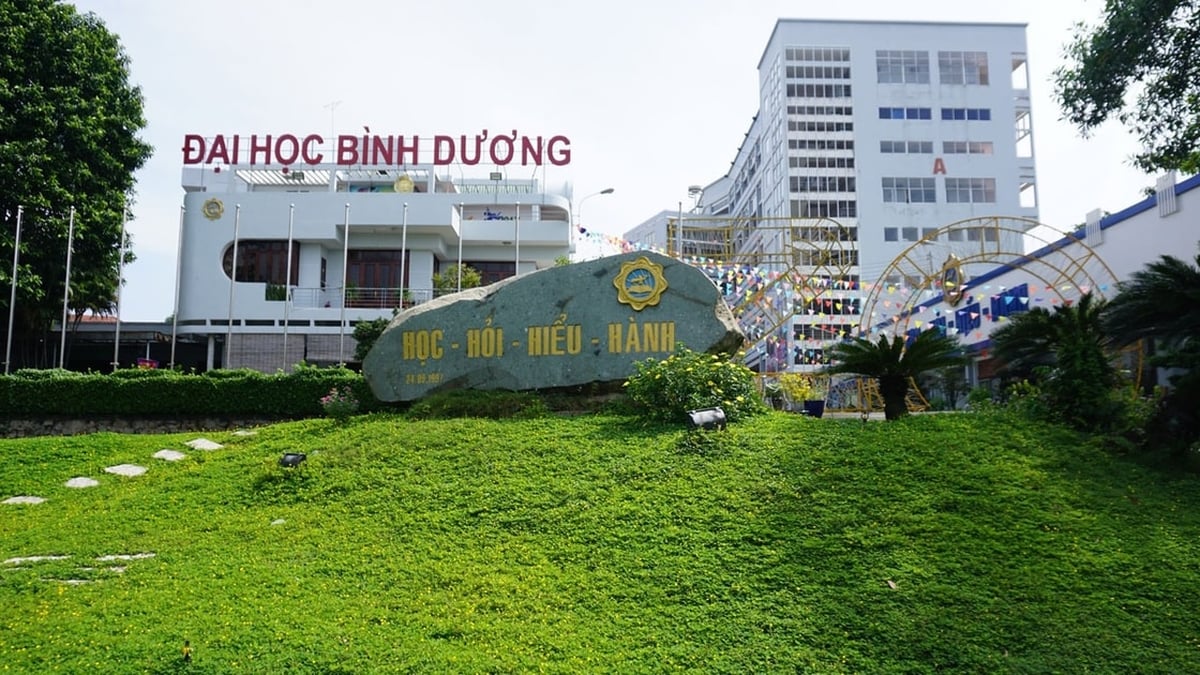
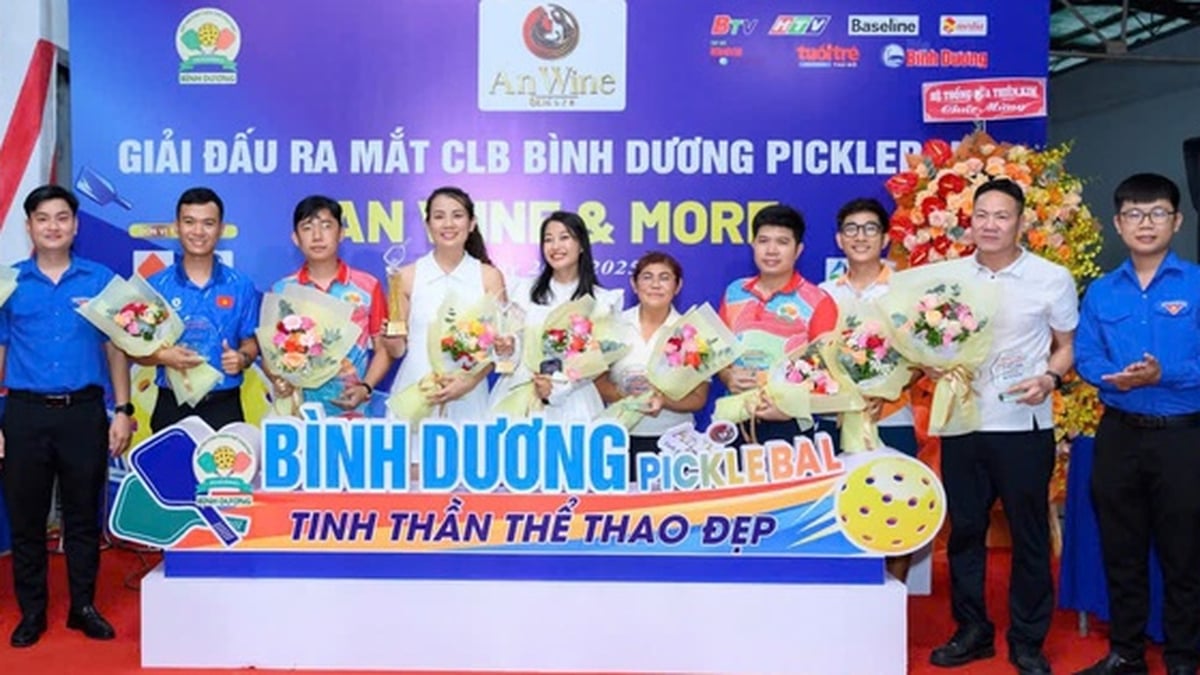
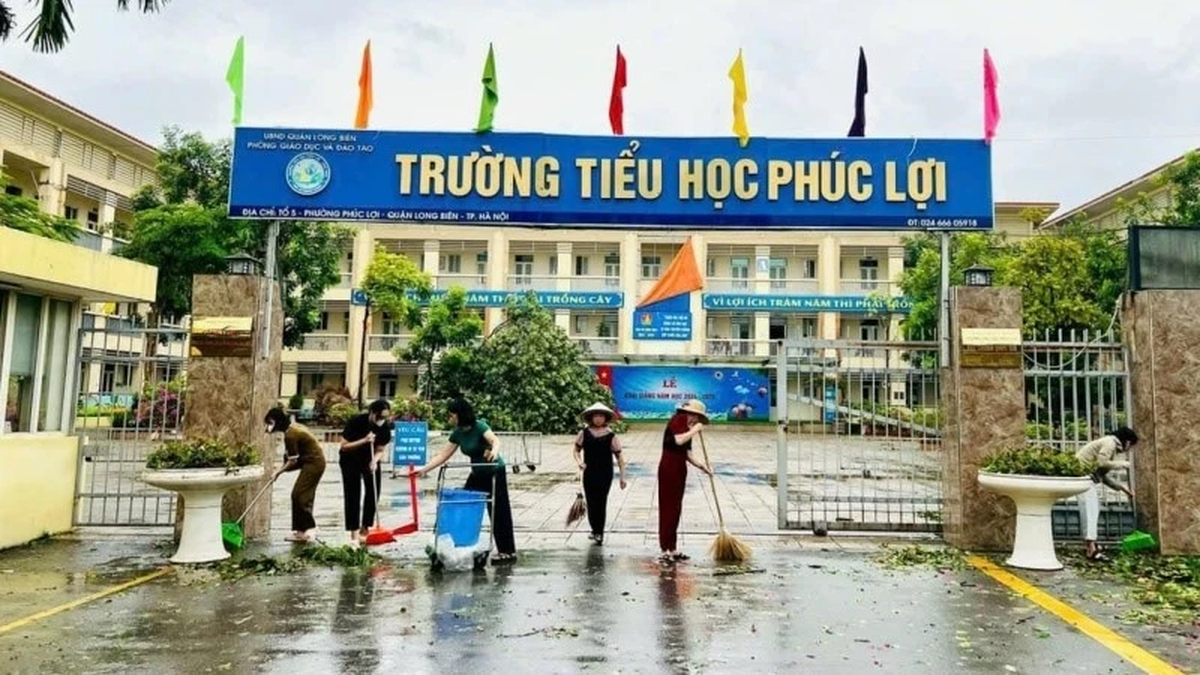




















![[Photo] National Assembly Chairman Tran Thanh Man visits Vietnamese Heroic Mother Ta Thi Tran](https://vphoto.vietnam.vn/thumb/1200x675/vietnam/resource/IMAGE/2025/7/20/765c0bd057dd44ad83ab89fe0255b783)






































































Comment (0)